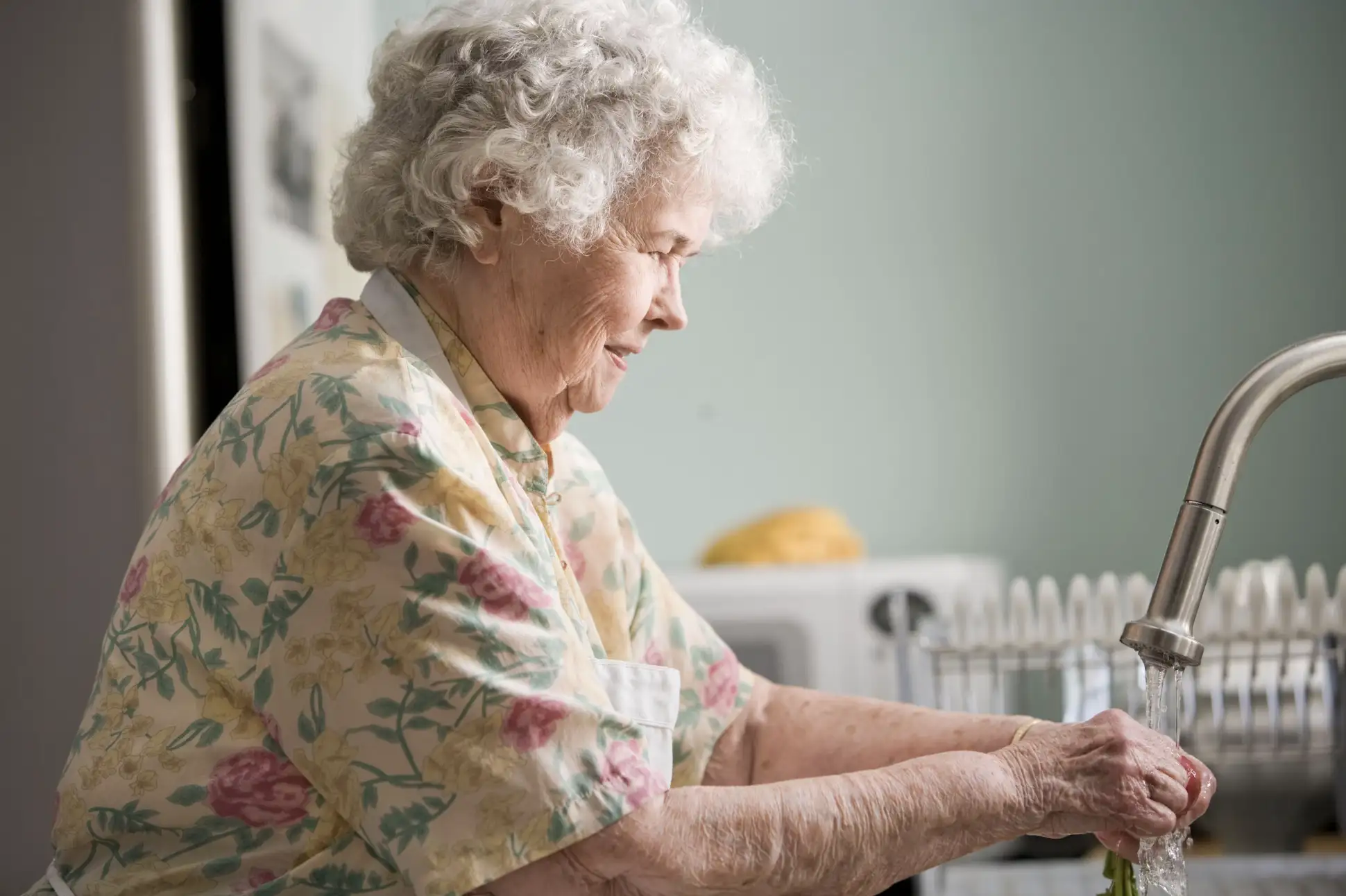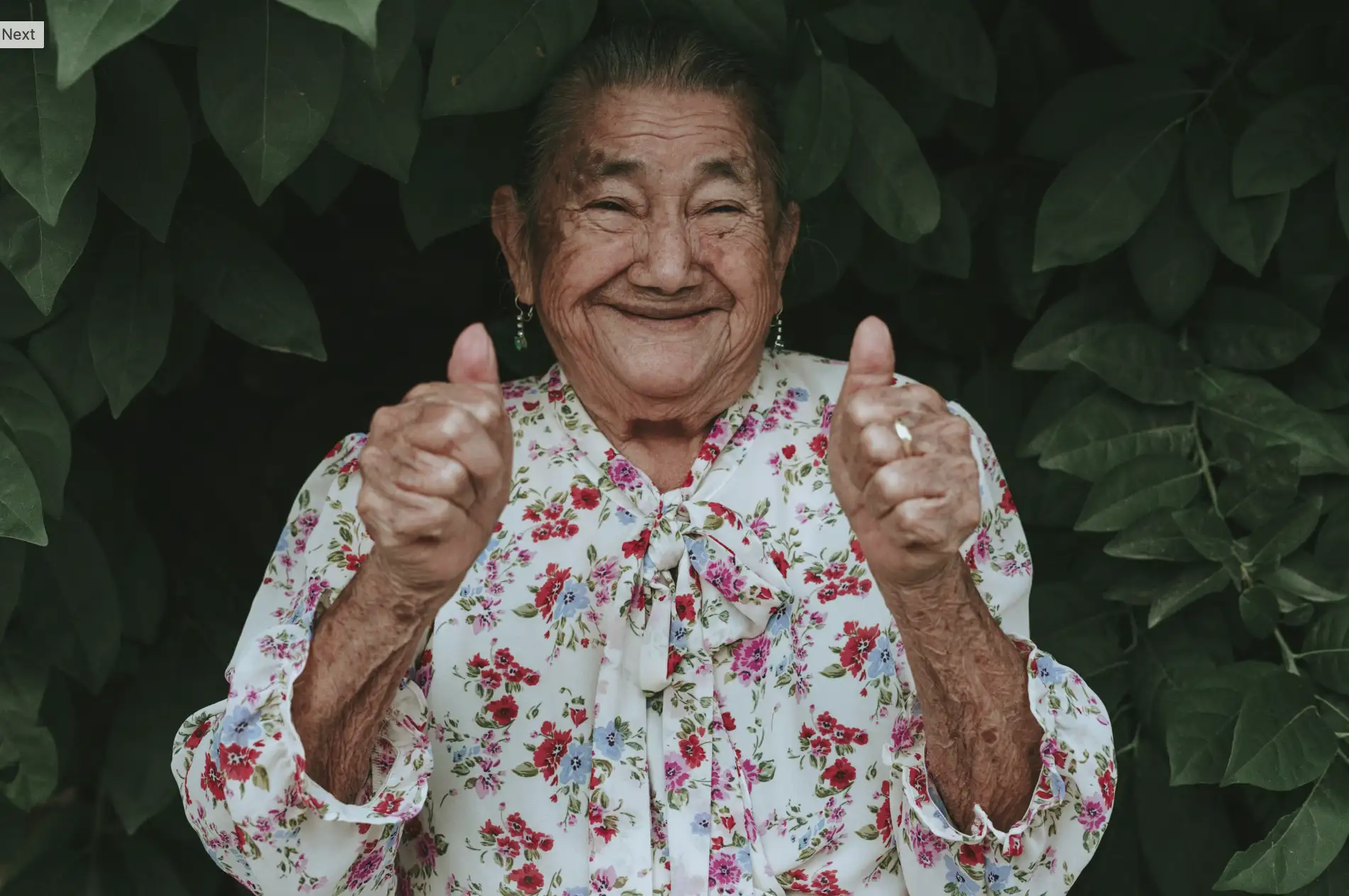A government-funded personal alarm can be a lifeline, providing seniors and people with disabilities the confidence to live independently at home. These devices offer a direct line to help in an emergency, and various national and state-based programs can make them free or significantly cheaper.
This guide explains the different funding options available in 2025, including national programs like My Aged Care and state-specific rebates.
How Can I Get a Government Funded Personal Alarm?
There are several pathways to getting a personal alarm funded by the government. The right one for you depends on your age, location, and circumstances.
The main funding programs are:
- My Aged Care: For seniors over 65, primarily through the Commonwealth Home Support Programme (CHSP) and the new Support at Home program (from July 2025).
- National Disability Insurance Scheme (NDIS): For people with a permanent and significant disability.
- State-Based Rebate Schemes: Specific programs in Victoria, South Australia, NSW, and WA that offer direct rebates or free systems.
- Department of Veterans’ Affairs (DVA): For eligible veterans and their families.
National Funding: My Aged Care & NDIS
My Aged Care
For most seniors, My Aged Care is the first point of contact. By calling 1800 200 422, you can arrange for an assessment. If eligible, you may receive funding for a personal alarm through:
- Commonwealth Home Support Programme (CHSP): Provides entry-level support, which can include a personal alarm.
- Support at Home Program: From 1 July 2025, this new program replaces Home Care Packages and aims to streamline access to services like personal alarms.
National Disability Insurance Scheme (NDIS)
If you have a permanent disability, the NDIS can fund personal alarms as part of your plan, often under “Assistive Technology.” This can include more advanced devices with features like automatic fall detection.
State-by-State Funding Guide 2025
Many users search for funding in their specific state. Here’s a breakdown of the additional support available.
Government Funded Personal Alarms in VIC
Victoria has one of the best state-funded programs in Australia.
- Program: Personal Alert Victoria (PAV).
- What’s Covered: Provides a free, fully-monitored personal alarm system.
- Eligibility: Aimed at frail, older people and people with disabilities who live alone and are at risk of falls.
- How to Apply: An assessment from a designated organization is required. Contact Peninsula Health MEPACS at 1800 451 300 to start the process.
Government Funded Personal Alarms in QLD
Queensland primarily relies on the national programs (My Aged Care, NDIS).
- Program: No specific state-based scheme.
- How to Apply: Queensland residents should contact My Aged Care at 1800 200 422 to be assessed for the CHSP or Support at Home programs.
Government Funded Personal Alarms in SA
South Australia offers a generous rebate through its own scheme.
- Program: Personal AlertSA (PASA).
- What’s Covered: Provides a rebate towards the cost of an approved personal alarm system and monitoring service.
- Eligibility: For residents aged 75+ (or 65+ for Aboriginal and Torres Strait Islander people) who hold a valid concession card.
- How to Apply: Visit the SA Government website or call 1300 700 169.
Government Funded Personal Alarms in NSW
New South Wales provides support through a specific health program.
- Program: EnableNSW Aids and Equipment Program.
- What’s Covered: Subsidizes the cost of assistive technology, including personal alarms, for eligible residents.
- Eligibility: For people with specific health conditions who are not eligible for the NDIS.
- How to Apply: Requires an assessment and prescription from a relevant health professional. Contact EnableNSW at 1800 362 253.
Frequently Asked Questions (FAQ)
What is a “care alert government rebate”?
This is a general term people use to describe the various government programs that help cover the cost of personal alarms. It’s not a single program but refers to funding from My Aged Care, NDIS, DVA, or state schemes like PAV and PASA.
Can I get a personal alarm completely free?
Yes, it is possible. In Victoria, the PAV program provides free systems to those who are eligible. In other states, you may be fully funded through a Level 4 Home Care Package or a comprehensive NDIS plan, effectively making the alarm free for you.
What’s the difference between a monitored and unmonitored alarm?
An unmonitored alarm will automatically call a list of pre-programmed numbers (e.g., family, friends) when activated. A monitored alarm connects to a 24/7 response center with trained operators who can assess the situation and call emergency services if needed. Most government-funded programs provide monitored alarms.
Does the NDIS cover fall detection alarms?
Yes, the NDIS can fund alarms with automatic fall detection if it is considered “reasonable and necessary” for the participant’s disability-related needs.
How to Apply: Your Next Steps
- If you are over 65: Your first call should be to My Aged Care at 1800 200 422. They will assess your eligibility for national programs.
- Check Your State: If you live in VIC, SA, NSW, or WA, look into the specific state-based programs listed above for additional support.
- If you have a disability: Contact the NDIS to discuss getting a personal alarm included in your plan under Assistive Technology.
Navigating these programs can be complex, but help is available. Contact MD Home Care today for a free consultation. Our team can help you identify the right funding pathway and choose the best personal alarm for your needs.


